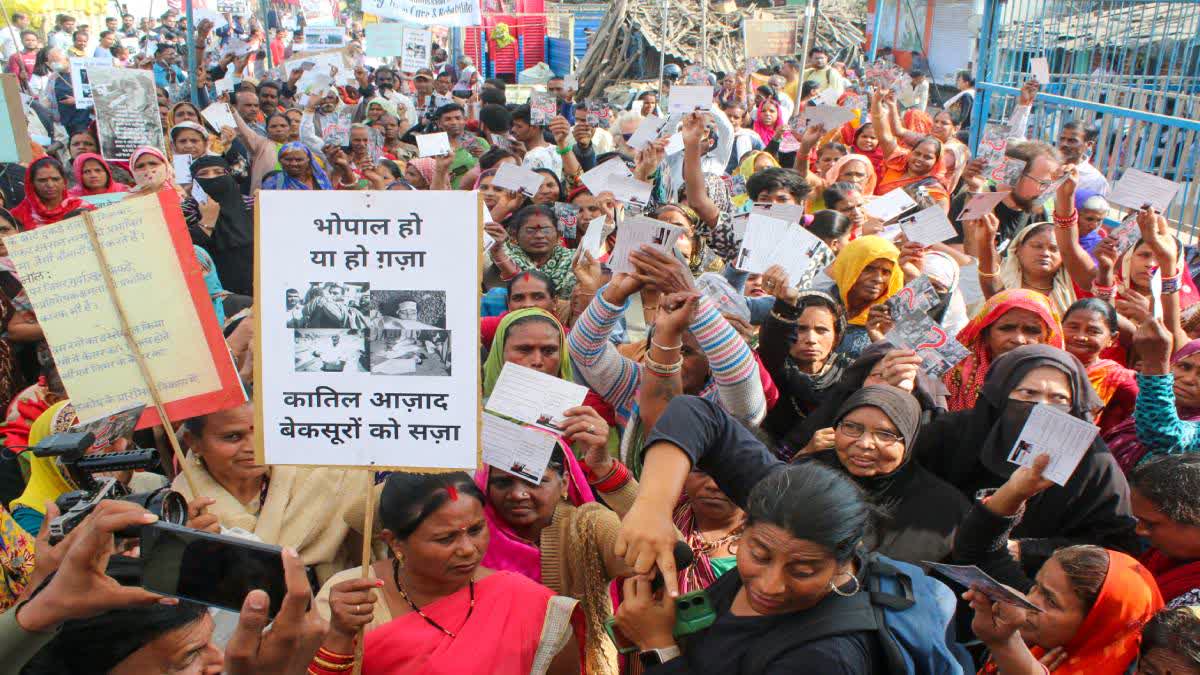Dhar: To dispel fear about the proposed disposal of 337 tonnes of toxic waste of now-defunct Union Carbide, as many as 150 master trainers armed with literature and pamphlets have been knocking on the doors of schools, industries, shops and markets, an official said on Sunday.
The state government, prompted by a public outcry over the proposed incarceration of the toxic waste at a factory in Pithampur, has been taking proactive measures to assuage people about the zero harmful repercussions of the procedure.
Dhar collector Priyank Mishra said the batch of trainers includes science teachers and other officials who are meeting the administrators of schools and industries, going shop to shop in marketplaces to aware people of the safety standards being maintained for disposal. These master trainers are distributing pamphlets and holding individual talks with people in Pithampur to inform them that the waste is not poisonous.
"This week, we will spread awareness by holding 'nukkad sabhas' (street-corner meetings). Our campaign will continue for two more weeks," Mishra said.
Sandeep Raghuvanshi, a social worker who led a public movement against waste disposal with his indefinite sit-in near the Pithampur bus stand on January 2, however, said they will take out a torchlight march in February to protest the incineration.
He added that their campaign to send postcards with the initials of Pithampur residents to President Droupadi Murmu, Chief Justice of India and Chief Justice of the Madhya Pradesh High Court, requesting their intervention, has gained traction. More than 25,000 postcards have been dispatched so far and plans are afoot to send one lakh postcards by the end of January, Raghuvanshi said.
On January 2, the toxic waste, transported in 12 sealed containers, was shifted from the factory site in Bhopal to the disposal site at Pithampur, located 250 km from the state capital.
Protests started in the industrial town hours after the waste reached the area, with agitators claiming that the disposal would harm the people and environment alike.
On January 6, the principal bench of the Madhya Pradesh High Court in Jabalpur granted the state government six weeks to act on waste disposal following all safety measures. The authorities had sought time from the court to educate people and dispel their fear about waste disposal.
On the intervening nights of December 2-3, 1984, highly toxic methyl isocyanate gas leaked from the Union Carbide pesticide factory, killing at least 5,479 persons and leaving thousands with serious injuries and long-lasting health issues.
Also Read:



